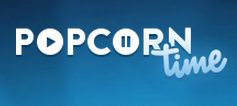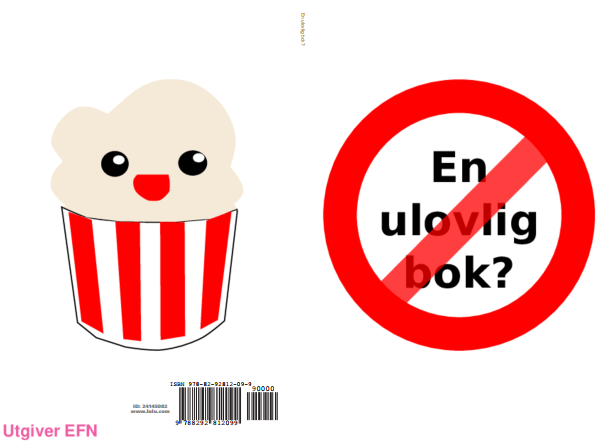Brazilian Police Shut Down Private Torrent Site in ‘Operation Copyright’
jeudi 17 janvier 2019 à 16:54
As part of Brazil’s Ministry of Justice, the Federal Police of Brazil (Polícia Federal) is an enforcement agency tasked with tackling a range of crimes.
In addition to drug trafficking and terrorism, the unit is responsible for disrupting organized crime, white-collar crime, and money laundering.
This week the agency announced the launch of ‘Operation Copyright’, an initiative designed to disrupt the sharing of pirated content in Brazil using BitTorrent.
Following a complaint from local anti-piracy group APDIF (Association for the Protection of the Intellectual Property Rights of the Phonographic Industry), in 2017 police launched an investigation into a US-hosted torrent site with an estimated 140,000 users and 9 million visits per year.
Local reports have not yet formally identified the site but sources indicate that a private tracker called Speed-Share, which is currently down, was the main target of the operation
A video clip shared by the authorities shows a site with its branding blurred out but TorrentFreak can confirm that the style matches that of Speed-Share.

The operation spanned five states, with the Federal Police executing search and seizure warrants in Rio de Janeiro, São Paulo, Paraná, Espírito Santo
“Each had a function. There are the operators, there are the moderators, there are the designers, there are the DJs. There is a whole hierarchy inside the site,” a police spokesperson said.
“Because of this, we are evaluating the effective participation of each and even to impute the crime of association or criminal organization, which are different crimes.”
While APDIF estimates that music sharing on the site cost their members more than US$10 million in lost revenues over the past nine years, that doesn’t account for other content indexed by the tracker including movies, TV shows, and games.
Despite the scale of the operation, it appears that none of the suspects were immediately arrested. They will be expected to answer to copyright infringement charges, however.
While it appears that Speed-Share was the main target, several other ‘pirate’ sites are also reported as being offline. It is not yet clear whether these were also targeted by the authorities or whether they have been taken offline as a precaution.
The Federal Police say they are working with authorities in the United States but it’s not yet clear whether any warrants have been carried out internationally.
Source: TF, for the latest info on copyright, file-sharing, torrent sites and more. We also have VPN reviews, discounts, offers and coupons.
 Five years ago, Popcorn Time was widely embraced by pirates, thanks to its ability to stream torrent files through a user-friendly interface.
Five years ago, Popcorn Time was widely embraced by pirates, thanks to its ability to stream torrent files through a user-friendly interface.


 Over the years we’ve written numerous times about questionable copyright claims on YouTube.
Over the years we’ve written numerous times about questionable copyright claims on YouTube.